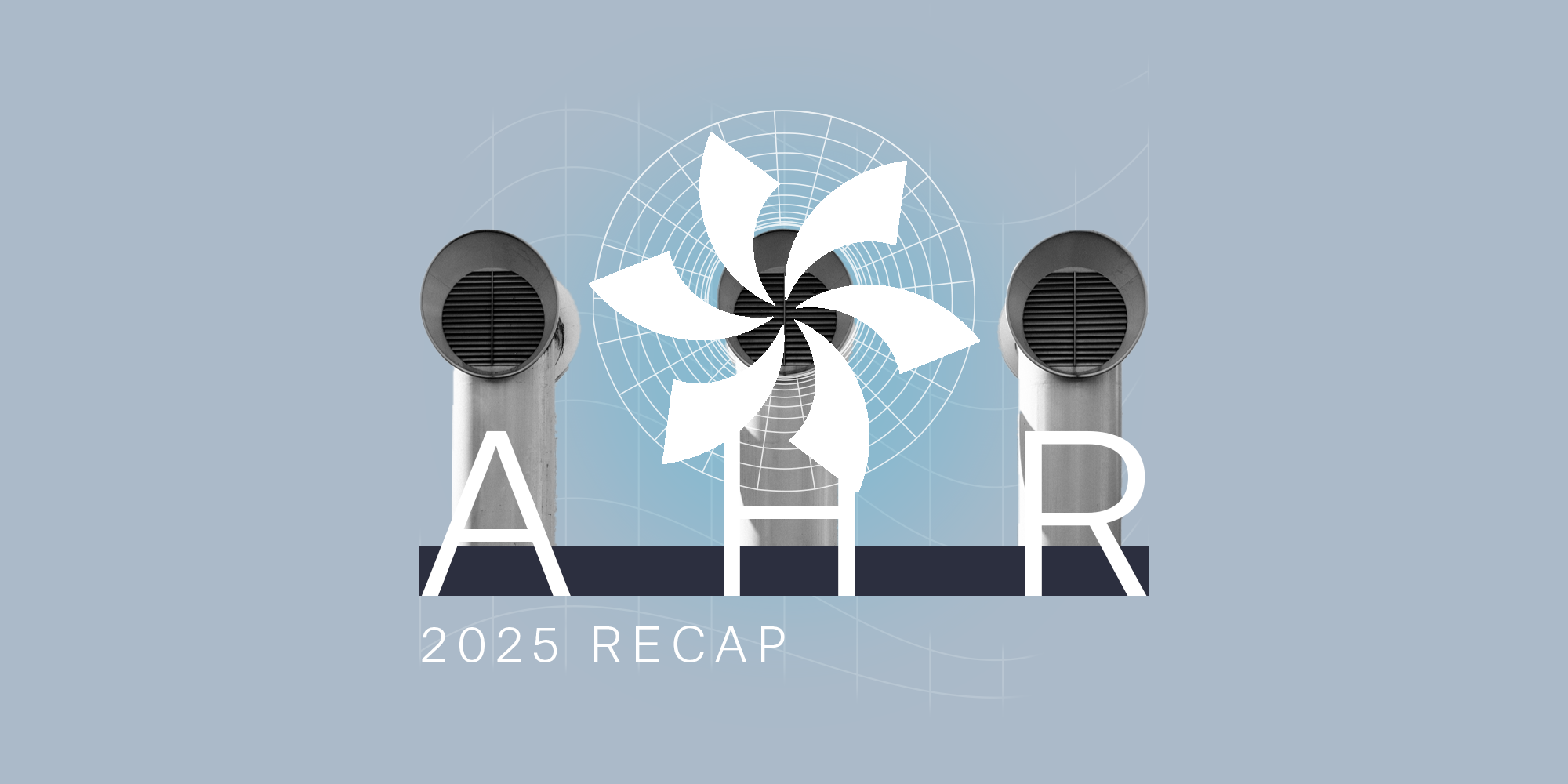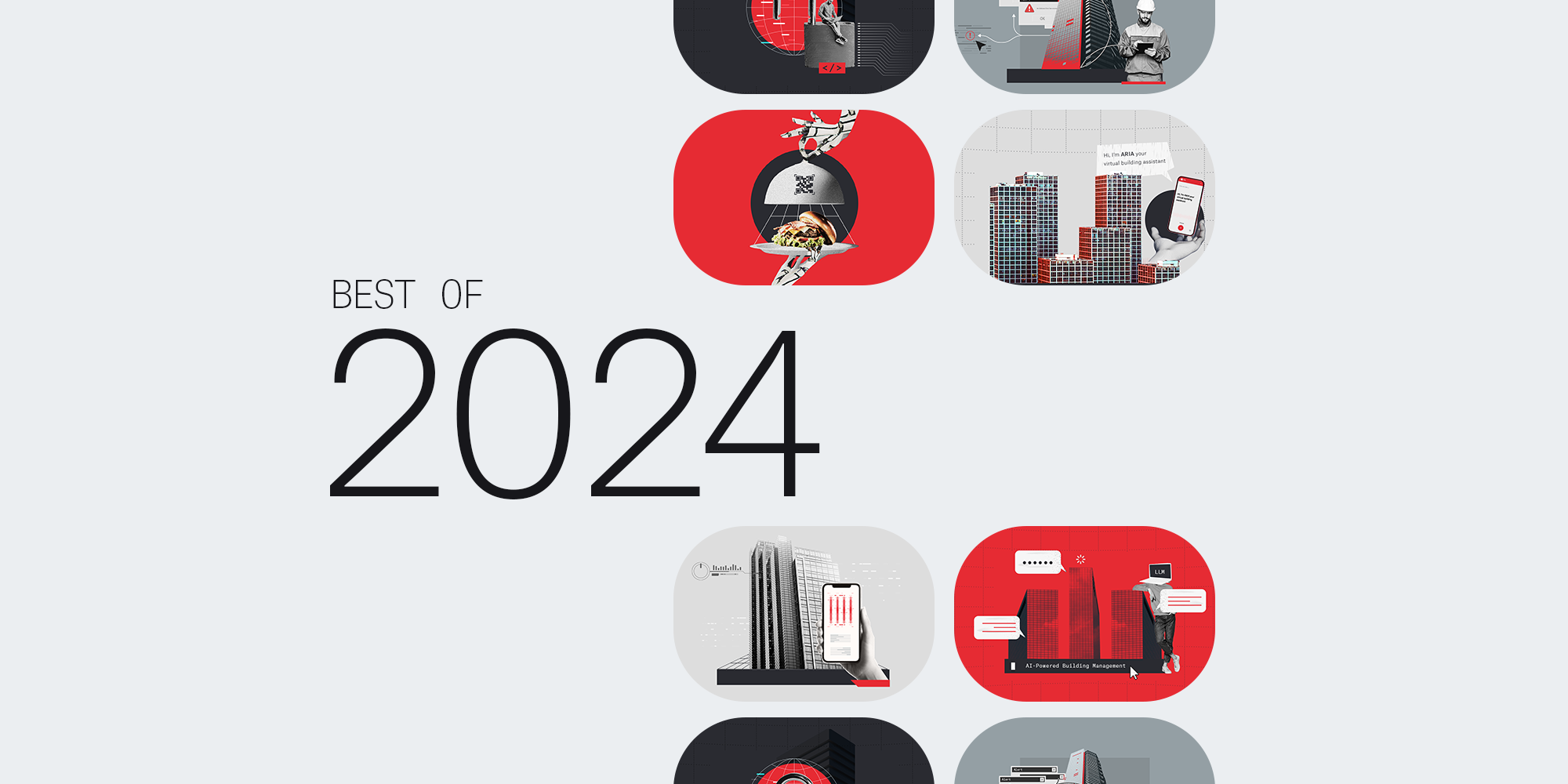Want to make buildings part of the climate solution? Invest in smart HVAC

Want to make buildings part of the climate solution? Invest in smart HVAC
Why buildings?
Let’s go back a few steps first. When people think about the most common contributors to climate change, “buildings” are not usually at the top of the list. The much more common answers would be things like agriculture, automobiles, and factories.
These answers aren’t wrong, but the category of “buildings” doesn’t fall very hard behind. We’ve talked about why buildings use up so much energy before, but here’s a quick refresher.
Buildings (when we say “buildings” we mean commercial buildings) function as their own mini-ecosystems, using a considerable amount of energy through their lighting, electrical plug load, and HVAC activities. While many of these energy uses are non-negotiable (what’s an office environment without computers?), the problem is that many businesses operate at a universal baseline. This means that their indoor environments are being heated, cooled, and ventilated for the same conditions at all times, even if internal and external factors have changed.
Fortunately, it doesn’t have to be this way. With the invention of smart, technologically-empowered HVAC systems, we’ve entered the new age of building maintenance.
How smart HVAC systems make a difference
1. Intuitive climate control
The relationship between air conditioning and the environment has always been an unhealthy one. In fact, back in the 1980s, Freon, the agent that once was used in virtually all air conditioning units, was found to be largely responsible for the ozone crisis.
While Freon production ended in 1987, the refrigerating agents that replaced it, called hydrofluorocarbons, turned out to also be terrible for the environment, especially during the manufacturing process. Hazardous ingredients aside, modern air conditioners are still responsible for a considerable amount of energy use in the average US home.
Of course, we need to have comfortable office environments in order to be productive, and a large part of this comfort is having the perfect indoor temperature. But it should come as no surprise to anyone that our buildings are over-air-conditioned. A smart HVAC system can help ensure that an indoor environment is cooled—or heated—to the perfect temperature based on a number of detectable factors that influence indoor temperature, including local weather and occupancy.
2. Controlled ventilation
Ventilation is an important yet little-known part of how a building functions. Inadequate building ventilation not only feels stuffy and unpleasant but can also be dangerous, contributing to the spread of indoor pollutants.
However, overventilation is not the solution either as it is incredibly inefficient. Similar to climate control, smart HVAC systems work to optimize ventilation systems and improve air quality in buildings. This technology-empowered fluctuation is especially useful for settings like conference venues and office buildings, especially as remote work becomes more popular and your building’s daily occupancy rate becomes less predictable.
3. Maintenance made easy
Proper maintenance is an important part of running any equipment and HVAC systems are no exception. In order to make changes to your HVAC system, you must be acutely aware of its operations. Without proper maintenance, HVAC systems are prone to running inefficiently and causing expensive problems down the line. Unfortunately, though, the traditional way to perform an audit is incredibly tedious, often relying on an infrequent in-person visit.
With an AI-empowered smart HVAC system, your building’s operations are constantly analyzed and any potential system issues are proactively identified.
4. Proactive changes
This constant system surveillance means that changes to your HVAC system can also immediately be implemented with no human involvement required. These micro-adjustments, which are based on machine learning that studies a wide range of data points, go a long way in improving the function of your HVAC system.
5. Encourage the sustainability conversation
It’s becoming more common for companies to set up a “sustainability committee”. This committee is responsible for generating ideas for how a company can run in a more environmentally-friendly way and for holding their colleagues accountable.
If your company doesn’t yet have a sustainability committee, the transition to a smart HVAC system would be a great motivation for the inauguration of one. If you don’t start now, chances are that the law will catch up with you in upcoming years.
Cities that are regulating buildings
International and local governments are catching on to the fact that buildings will play an important part of the climate revolution. From New York’s famous Local Law 97 to Montreal’s 2020 to 2030 climate plan to Dubai’s Green Building Regulations.
Thanks to BrainBox AI, installing a smart HVAC system has never been easier. Our ready-to-install technology can be added to any existing HVAC to instantly turn it from reaction to pre-emptive. With a presence in more than 70 cities (and growing), BrainBox AI is taking the world by storm and making a difference in the fight against the climate crisis. Do you care to join us?













